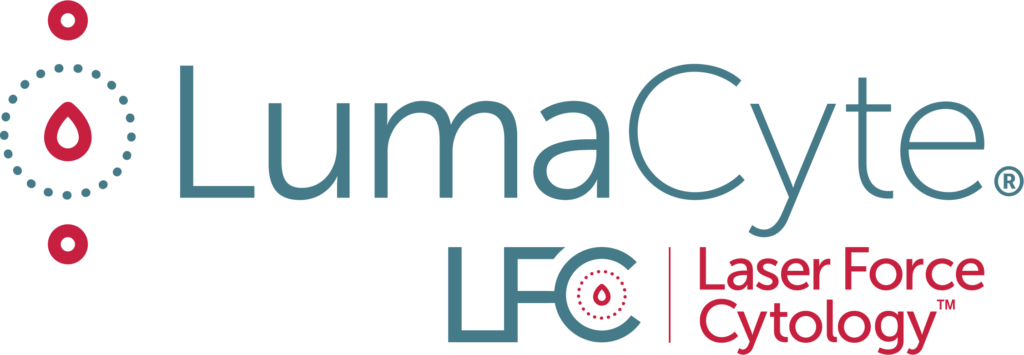Laser Force Cytology™ (LFC), rapid viral infectivity assay data correlates tightly with traditional plaque and TCID50 assays. Radiance® provides new information around host response and the viral life cycle, enabling a better understanding of cellular infection through the measurement of novel phenotypic changes.
-
Rapid Process Optimization & Scale Up
-
Reduced Batch to Batch Variability
-
Increased Production Yields & Quality
Rapid Viral Analysis with Radiance versus TCID50
Opening the Door to New Cellular Insights
-
Correlates with plaque assay or TCID50 results
-
Absolute infectivity measurements without correlation
-
Direct results from bioreactor with no further incubation
-
Analyze cells that perform poorly in traditional assays
-
Radiance removes subjectivit

Rapid Viral Infectivity Measurements that Replace Plaque and TCID50 Assays
Modern vaccine production is generally accomplished using live viruses throughout the research, development and manufacturing processes. At each of these stages, analytical monitoring of viral infection is important to help ensure predictable infection and expansion, maximum yield, and safety parameters, especially for cell culture based processes. Variations in vaccine storage time, temperature, or formulation can also affect the number of infectious particles in a sample necessitating the need for a precise viral titer assay.
LumaCyte’s Radiance instrument can be used for monitoring the infectivity of live and attenuated viruses both during and after production. Both R&D and manufacturing departments benefit from the rapid and accurate detection of viral titer assay. Radiance can also be used to verify that a virus has been properly killed or inactivated by demonstrating a lack of infectivity.
Some vaccines are manufactured using viral vectors such as adenovirus. Incorporating additional genes in these vectors can result in poor infectivity rendering it ineffective for drug or vaccine development. Radiance can quickly assess the infectivity of recombinant adenovirus in 24 hours of incubation with the target cells. Production can be monitored using Radiance via sequential aliquots or through continuous monitoring of the infection and production process.

